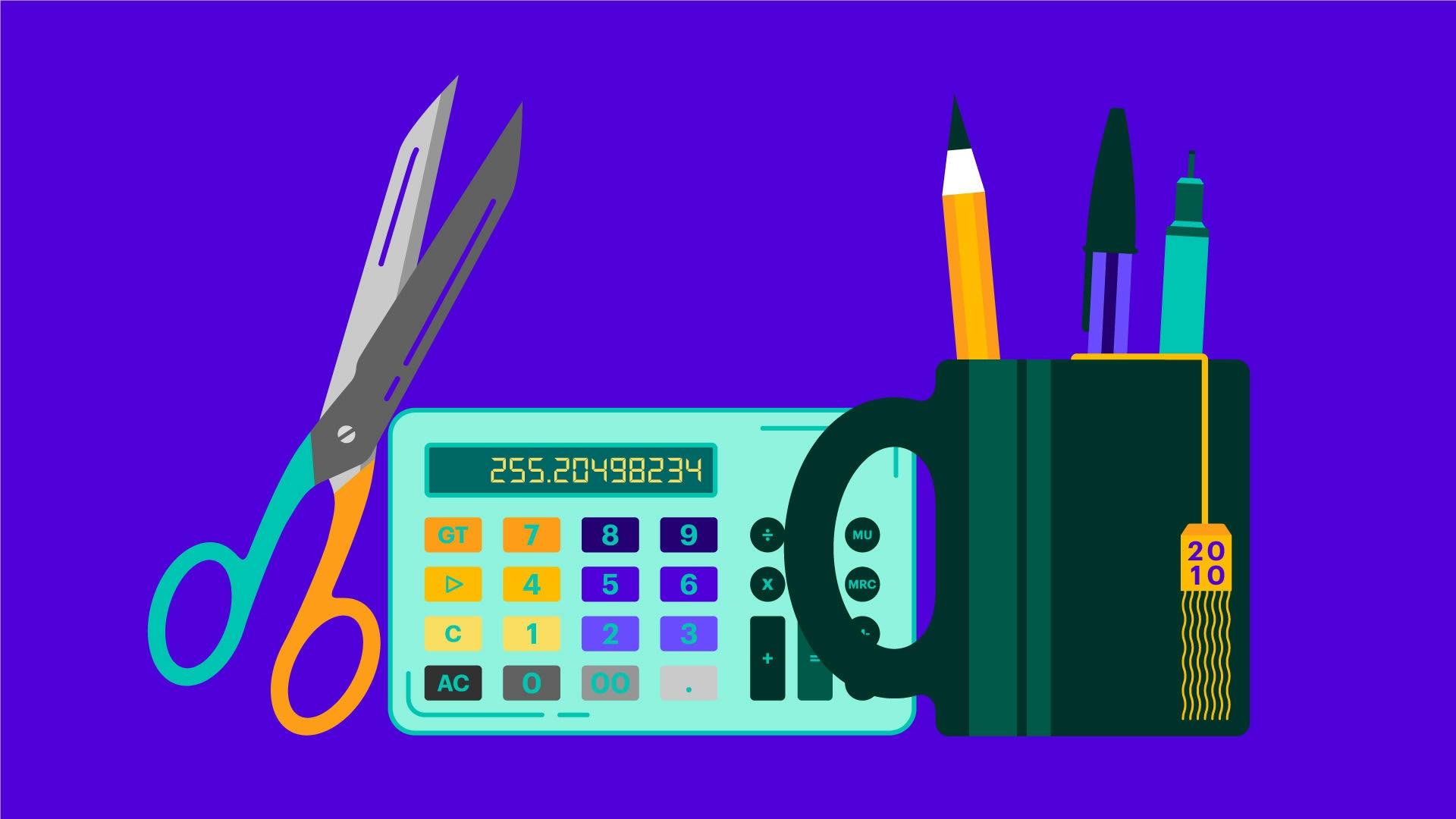The Story
Raise your hand if you’ve ever felt personally victimized by high student loan payments. Refinancing might make you feel a little better. Think of it as a debt do-over, only this time you can save money instead of just borrowing it.
I’m awake now. How does it work?
Refinancing is when you get to say ‘bye’ to your old loan and ‘hi’ to a new one with terms you like better. That might mean finding a new lender that pays off the old one in full. Then paying the new guys every month...until you’re either out of debt or ready to refinance again. It’s the circle of loan life.Depending on the new loan and lender, refinancing can help you:
Get a lower interest rate. Meaning you’ll pay less over time.
Lock in an interest rate if you switch from a variable loan to a fixed one. Fixed rates stay the same forever, no matter what the economy’s doing.
Pay less every month by extending the timeline.
Simplify your payments if you decide to consolidate and refinance multiple ones at once.
Exactly how much you can save depends on your personal stats. But you can plug them into this calculator for a better idea.
Sounds great. Is there a ‘but’ coming?
There are a few important things to know before refinancing. Like that you can’t refinance with the federal gov. You have to use a private lender. So if you have federal student loans, you’ll be converting them to private.
That might not sound like a big deal. But it means you could lose out on certain perks available to people who owe Uncle Sam. Such as being able to pick a repayment plan based on your income or qualify for Public Service Loan Forgiveness one day.On the bright side, some private lenders offer flexible options, like freezing payments if you lose your job. It pays to do your homework before picking one.
Got it. Can anyone apply for refinancing?
Yes. But you aren’t guaranteed to qualify for the kind of terms you may want. Luckily, there are a few things that can help you stand out like the star you are.
Good credit. Your credit score is a three-digit grade, typically ranging from 300-850, of how trustworthy you are to pay your bills on time and in full. Lenders generally want to see a credit score in the mid to high 600s when you’re applying for refinancing. The higher, the better.
Steady income. Lenders prefer to give money to people with consistent paychecks who can afford to pay back their debt. Go figure. They’ll also look at your “debt-to-income ratio.” That’s the percentage of the money you make that you use to pay back loans. With this one, the lower, the better. Experts suggest keeping your DTI in the low 30s. Quick math lesson: that means that if you bring home $5,000 per month, no more than $1,500 goes toward debt.
theSkimm
Refinancing can help you break up with high interest rates and high monthly payments. Terms vary a LOT by lender, so make sure you shop around. If you’re not ready to refinance yet, but might want to later, work on ways to make yourself more attractive to future lenders.
Subscribe to Skimm Money
Your source for the biggest financial headlines and trends, and how they affect your wallet.






